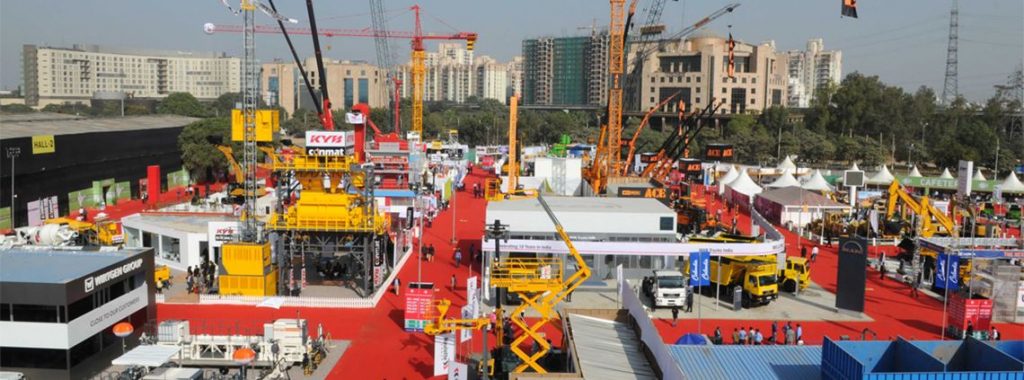India set to benefit from supply chain challenges, WEF says

An overwhelming majority of global economists believe that India will be among the biggest beneficiaries from changes in global supply chains.
Nearly three quarters (73%) of economists surveyed as part of the World Economic Forum (WEF) Chief Economic Costs Outlook for May 2023 believed that south Asia – especially India – would benefit from recent turbulence in the global economy.
As part of the quarterly report, the WEF canvasses a number of senior economists worldwide on global economic trends.
Chief economists anticipate China to be especially hard hit by changes to global supply chains.
Almost 75% expected supply chain restructuring to negatively impact China’s economy much more than any other country.
South and east Asia, as well as the Pacific region are expected to benefit most from the change, with India, Vietnam, Thailand and Indonesia receiving particular mentions, followed by rivals in Latin America.
In this edition of the survey, 100% of the economists surveyed expected changes in the structure of global supply chains over the next three years.
Restructuring of supply chains in line with geopolitical fault lines topped the list, mentioned by 94% of respondents, while 91% expected companies to prioritise resilience over efficiency.
One of the trends identified by the report was the return of industrial policies favouring domestic sourcing.
According to the WEC, chief economists were unanimous in concluding that industrial policies favouring domestic manufacturing will have a marked impact on the global economy in the immediate future. Almost three quarters of respondents expected this trend to become a widespread global approach to economic policy over the next three years.
The move is largely due to geopolitical tensions, the need for strong domestic public-sector involvement in infrastructure development and climate change mitigation, respondents said.
They expect high-profile recent initiatives such as the US’s CHIPS Act, or the EU’s Green Deal will lead to wider trends favouring reshoring of manufacturing.
Diversification of sourcing and supply chains major industry is likely to most affect industries including semiconductors, automotive, pharmaceuticals, food, energy and the broader technology sector.
Chief economists surveyed also expected Asian economies to see the most buoyant activity despite the global town downturn.
Despite losing out in supply chains, respondents were almost unanimous that China would see moderate growth at very least this year.
This was a much better prognosis than in January, when less than half of those surveyed expected to see growth in the Asian powerhouse.
And China’s reopening has had a positive effect on wider economies in Asia, with more than 90% of respondents expecting at least moderate growth in the wider Asia and Pacific region. However, the report warned that tighter international financial conditions are placing stress on economies such as Pakistan and Sri Lanka.

